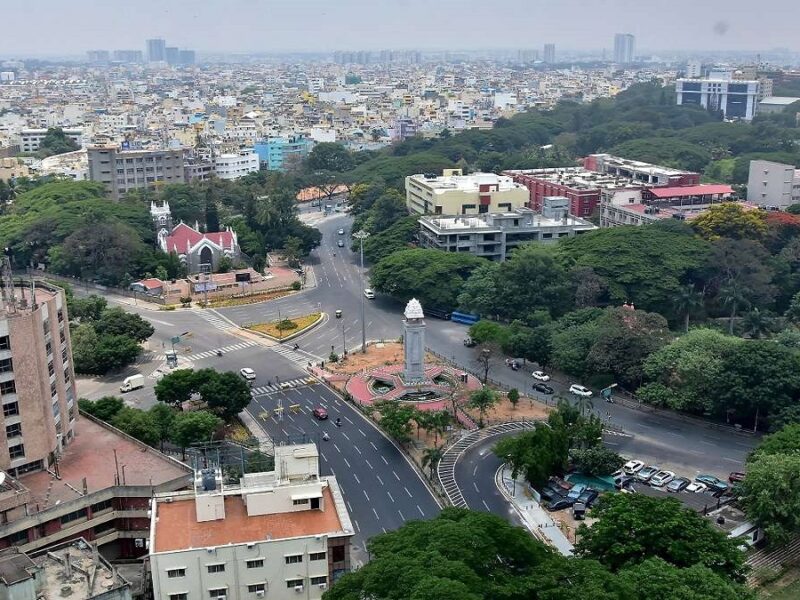Online gambling is recognized in most parts of India but is not fully regulated in most states.Sikkim is actively pursuing a regulated online 사설토토사이트gambling framework, with three other states banning online gambling.The three states are Telangana, Andhra Pradesh and Maharashtra. Online gambling is illegal, but no one has ever been charged with any crime.
Gambling
Gambling is a state-level governance issue in India, so the legality of various betting and gaming practices depends on your state. However, some federal laws affect online and face-to-face gambling.
This page explains all about사설토토사이트 India’s gambling laws. Let’s start by looking at the big picture of India’s gambling laws.
Federal Gambling Act of India
Three federal laws in India affect gambling, but only one is involved in gambling itself.
The other two laws affect online gambling because they manage online financial transactions.
Below is a detailed description of each federal law.
Public Gambling Act of 1867
The most prominent federal gambling law in India is the Public Gambling Act.
When the Public Gambling Act was enacted, it was only applied to the 10 states still under British control. Currently, it applies to all states that do not have casino or gambling laws.
According to Public Gambling Act, running or being in a gambling house is illegal. The law further defines gambling houses and gambling practices.
However, there was a notable exception. Under Article 12 of the Public Gambling Act, skill games are not considered gambling.
“The law does not apply to certain games. Nothing in this Act, including the foregoing, shall be deemed to apply to the mere skill game, regardless of where it is played. “
Unfortunately, the definition of skill-based games is equally obscure. In India, several trials have been made to determine whether a particular game is considered a skill game or a product of chance.
Dr. R. K. Lakshmanan v. In State of Tamil Nadu [AIR 1996 SC 1153], the Supreme Court of India has ruled that the dominant factor, either chance or skill, determines whether a game is considered gambling.
In this trial, horse racing was judged to be a game based on skill, so India’s Betting Law allows horse racing to be rightfully played throughout the country.
Surprisingly, the Supreme Court ruled that the dominant factors could determine whether a game is based on skill or chance. This seems inconsistent with the Indian Constitution, which defines gambling as: In a previous case (State of Andhra Pradesh v K. Satyanarayana and Ors [AIR 1968 SC 825]), ramie was also considered a game based on skill.
In recent years, there have been several changes to the Public Gambling Act. In 1970, the definition of gambling was updated to include gambling or betting, but not lotteries.
India passed the Lottery Control Act in 1998 after confusion over the legality of the lottery.
This federal law gave states the right to create their own lottery rules. The only rule is that lottery draws must be held at most once a week.
Since the Public Gambling Act was enacted in 1867, it was enacted long before Internet gambling was a product of imagination.
There is no mention of online gambling, and it is unclear whether the online casino site will be considered a gambling venue under the Indian Gambling Law.

